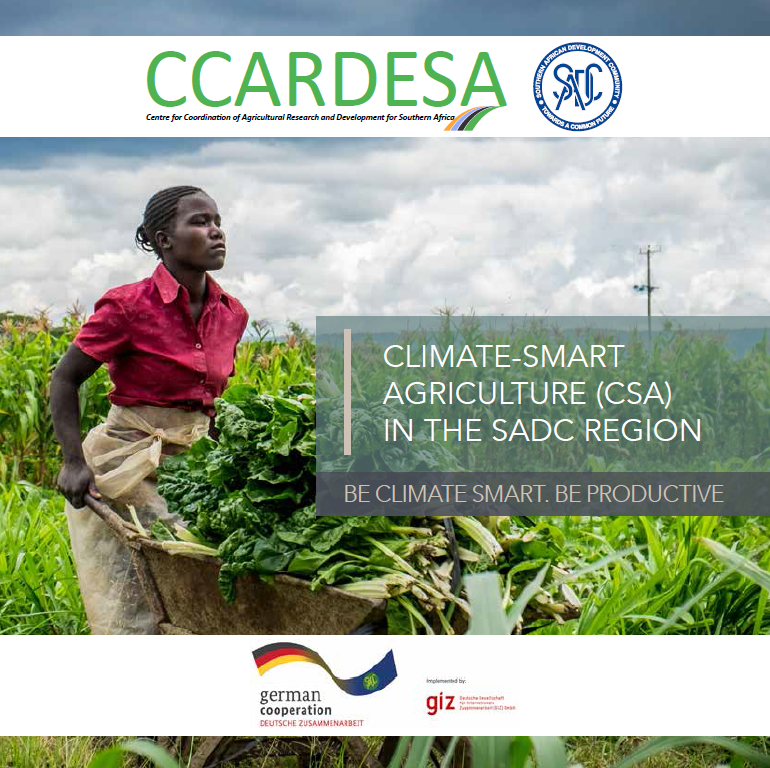This study examines whether agribusiness firms are helping to improve the climate resilience of the smallholder farmers with whom they work. After reviewing the relevant literature, the study analyses case studies in three countries with relatively larger agribusiness sectors: Tanzania, Zambia, and Zimbabwe.
Eastern and Southern Africa have been experiencing rising temperatures and high levels of rainfall variability. There is a significant amount of uncertainty in the literature on whether some of these climate risks, such as changes in precipitation, are caused by natural factors or by rising levels of greenhouse gas (GHG) emissions. What is clear, however, is that climate risks are profoundly affecting the agricultural sector. Small-scale farmers face food insecurity, price volatility, and reduced incentives to expand their production of high-value commercial crops. Similarly, the agribusinesses anchoring these value chains face higher investment and trading risks. Experts believe that the resilience of the sector needs to be strengthened.
Morris, John. 2016. Agribusiness Responses to Climate Risks: Implications for Improving Smallholder Resilience. Pretoria: Vuna. Online: http://www.vuna-africa.com






